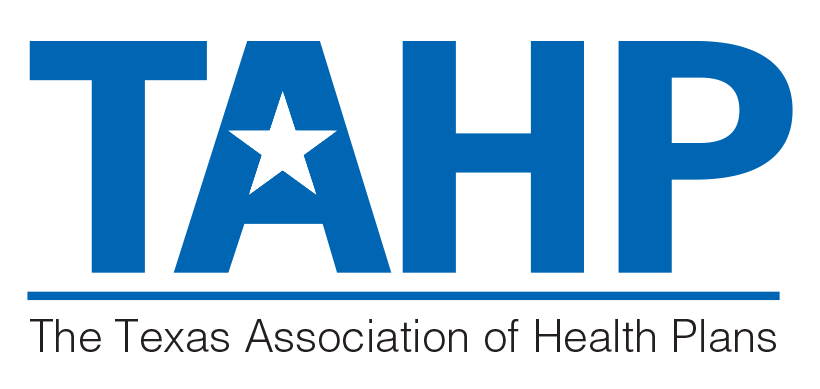
Surprise Billing Rules
Complete Coverage

By: TAHP | Tuesday, September 20, 2022
What’s New With the No Surprises Act?
Final rules for the arbitration process of the No Surprises Act have been issued. While the No Surprises Act went into effect at the beginning of the year and has already protected millions of patients, the process for settling disputed payments between providers and insurers has been under contention. See the FAQ here.
What Was at Issue?
When a payment is disputed, it goes to arbitration, and arbitrators are required to follow promulgated rules when resolving these disputes. An initial draft of these rules directed arbitrators to select the payment offer that is closest to the median in-network payment for the services, known as the qualifying payment amount (QPA), unless a party to the arbitration could prove that a different amount was appropriate.
The Texas Medical Association challenged the emphasis on this standard and a district court vacated the requirement that arbiters generally select payment offers closest to the QPA.
An ongoing lawsuit from the American Hospital Association and American Medical Association also challenges the emphasis on QPA, arguing that it was not the legislative intent.
In lieu of the original draft, these final rules direct arbiters to consider the QPA and other factors without direction to give QPA primary importance. The rule states arbitrators “should select the offer that best represents the value of the item or service under dispute after considering the QPA and all permissible information submitted by the parties.”
What Can’t Be Considered:
Importantly, billed charges are not one of the factors that can be considered. This is a win for more affordable health care, as billed charges don’t reflect what anyone actually pays, and they can be inflated to drive up the final reimbursement.
What Does this Mean for Texas?
In 2019, the Texas Legislature passed its own prohibition against balance billing when the patient has no control over who provides their care. That law applies only to a small portion of the health coverage market—insurance regulated by state officials and coverage for state employees and teachers.
Now, the No Surprises Act provides protections for the millions of Texans covered by employer backed self-insured plans that are not subject to state regulation. State-regulated plans are still subject to the Texas law.
While the Texas law was groundbreaking in protecting patients and helped pave the way for the federal act, it has a significant loophole that allows some providers and private equity firms to misuse and abuse the law. Unlike the No Surprises Act, the arbitration process in Texas law requires arbitrators to consider billed charges which lets unscrupulous providers and profit-focused private equity game the system.
Billed charges are unlimited, unregulated, and typically have no relation to real costs or to what providers actually accept as full payment. As one researcher noted, “Billed charges are effectively just made up.” The results of the Texas law include arbitration payouts 4.7 times higher than the average original plan payment.
In just the first 6 months of 2021, TDI reported roughly 50,000 arbitration requests. The fees associated with these arbitrations exceeded $30 million and add to the overall cost of coverage. The use of arbitration should be a stopgap measure, not the general way that prices are set.
What Can Legislators Do?
Texas should fix the arbitration process by closing the loophole that allows providers and private equity firms to continue abusive pricing schemes. When providers can be virtually assured that they will receive billed charges by not contracting with health plans, they have no incentive to join networks or negotiate disputed rates in good faith. This restricts health plans’ ability to manage costs through contracting with providers and provide adequate access for members.
The Legislature should revise Texas’ balance billing law to more closely match the No Surprises Act and not require consideration of billed charges. This will protect patients from surprise bills in the short-term while also protecting them in the long-term from a process that drives up the cost of coverage.
Stay updated on the latest TAHP news

Articles written by TAHP’s team of policy experts that examine the research, trends, and impact of the most important health care policy issues facing Texas and the country today.

Weekly news clips assembled by the TAHP team that highlight the top headlines from the health insurance and health care worlds, as well as important political updates.
